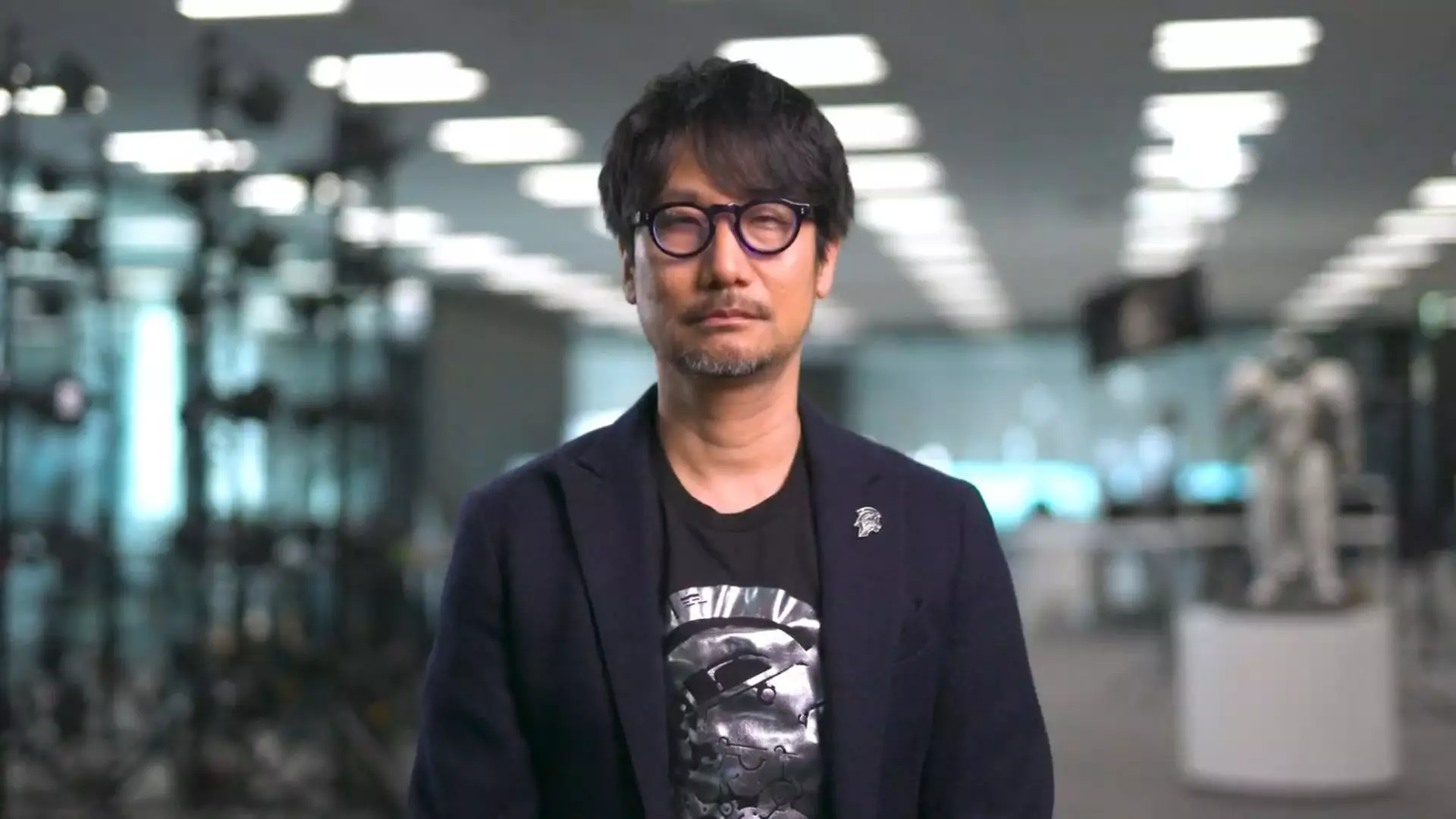The gaming landscape is abuzz with the arrival of *Death Stranding 2: On the Beach*. Released exclusively to enthusiasts who opted for the Deluxe edition, this title represents Hideo Kojima’s latest foray into the complex interplay of narrative and gameplay. While players dive into the multicultural settings of Mexico and Australia, the visionary behind this compelling universe finds himself absorbing the contrasting world of professional wrestling. This curious juxtaposition speaks volumes about Kojima’s motivations and the nature of creativity in the gaming industry.
The Weight of Expectations
Kojima has a track record of manipulating audience expectations, often threading complex themes through seemingly straightforward narratives. With a Metacritic score that ranks *Death Stranding 2* among the top titles of 2025—falling just short of the dominant *Zelda Switch 2* ports—the anticipation around this game is palpable. Yet, in a somewhat paradoxical statement, Kojima has cautioned that overwhelming positivity could pose a challenge. This sentiment echoes an artistic struggle faced by many creators: does embracing community enthusiasm mold or dilute the intended artistic vision?
Interestingly, Woodkid, the game’s co-composer, highlighted a similar concern. Playtesters expressed an overwhelming affinity for the initial script, prompting revisions that were deemed necessary. What this illustrates is the delicate balance between creator intent and audience reception—a theme frequently explored in Kojima’s prior works. It may seem strange, but this dynamic could elevate *Death Stranding 2* into a profound commentary on artistic integrity.
An Unexpected Escape
While players navigated the complexities of the Chiral Network, Kojima’s off-screen activities provided an intriguing lens into his psyche. Attending the New Japan Pro Wrestling’s “Fluorescent Lighttubes Glass Board Barbed Wire Death Match,” he momentarily stepped away from the digital worlds he meticulously crafts. The match featured the gripping rivalry between El Desperado and Jun Kasai—a performance not just of athletic prowess but one that symbolizes struggle and artistry in its rawest form.
In a tweet celebrating the event, Kojima shared his admiration for Kasai, referring to him as an entertainer who employs his body as a canvas. This perspective reflects both a shared ethos with his own work and a recognition of wrestling’s narrative depth. It opens an intriguing dialogue about how diverse forms of storytelling—not limited to video games—can influence and inspire one another.
The Future of Gaming Narratives
In connecting the dots between wrestling and gaming, one cannot help but ponder the untapped potential of a Kojima-led wrestling game. With the unique storytelling capabilities he harnesses in *Death Stranding 2*, a wrestling title could transform the genre, marrying intense competition with rich narrative arcs. The infusion of story isn’t merely a novelty; it enriches player engagement, elevating the medium beyond mere entertainment.
As Kojima continues to evolve in his craft, he walks a tightrope between artistic ambition and public expectation. Each step forward feels like an expansion of the gaming universe, daring players to consider new formats of engagement. Gamers will be watching closely to see how *Death Stranding 2* shapes not only their experiences today but also the landscape of gaming in years to come.


Leave a Reply